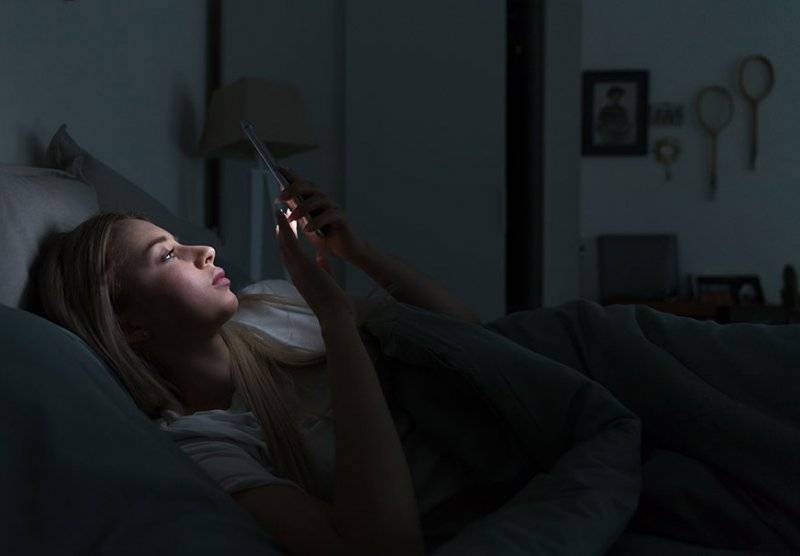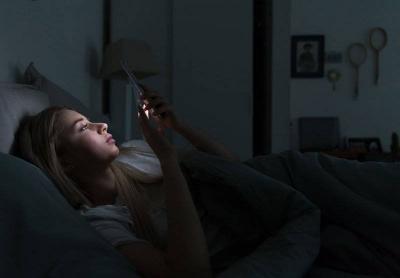Many of us spend time on our phones or tablets during bedtime, while experts say this time should be free from device usage. Excessive use of these devices at night raises concerns among health specialists. Melissa Melanac, a sleep health expert at the Medical University of South Carolina, states that "the brain needs to rest before bedtime in order to achieve deep sleep that helps the body perform its functions." She illustrates that "you cannot take a ceramic dish out of the oven and put it directly into the fridge; it needs to cool down," adding, "our brains need that too."
Changing bedtime routines may not be easy, but lack of sleep has long been linked to anxiety, obesity, and other negative outcomes. Research shows that smartphones disrupt the biological clock that regulates sleep and other hormones. Lisa Strauss, a psychologist specializing in sleep disorders, says, "There are a million ways these devices cause sleep problems." She points out that "the brain processes electric light, not just the dim light of a smartphone, considering it like sunlight, which prevents melatonin production and delays deep sleep. Even minimal exposure to light in bed has an effect."
Naturally, browsing news, checking emails, or watching specially designed social media videos has its own impacts, leading to what might be called "tech stress," which heightens energy and may stimulate the brain, especially since social media algorithms encourage users to stay longer than they intend. Strauss notes that most of her clients suffering from insomnia are middle-aged, saying, "People get trapped in the videos... more and more people are becoming addicted to them."
The problem extends beyond limiting phone usage in bed; it also includes usage during the night overall. You need to change your daily routine, especially if you use your phone as a way to relieve stress after a long day. Experts recommend finding alternative behaviors, such as reading, taking a warm bath before sleep, listening to a podcast, or even preparing for the next day by organizing children's school meals or spending time with family.
**Train Yourself and Change Your Routine**
According to Melanac, "You can create a list of things you love that you don’t want to do, and you can write in a journal to keep electronic devices away from the bed." Strauss points out that you can perform these activities in another room to train yourself and change your routine so that the bed is only for sleep.
It may be beneficial to keep your phone or electronic devices in another room. Strauss notes that this "can help you control your environment and enhance your willpower" not to use the phone, especially when we are tired and just want to sleep.
You can also mitigate the damage by scheduling your phone for nighttime mode at a specific time each day, significantly reducing the screen brightness and holding the device away from your face at an angle to decrease the light intensity.
Limiting notifications that alert you at night can also help minimize your phone usage.




